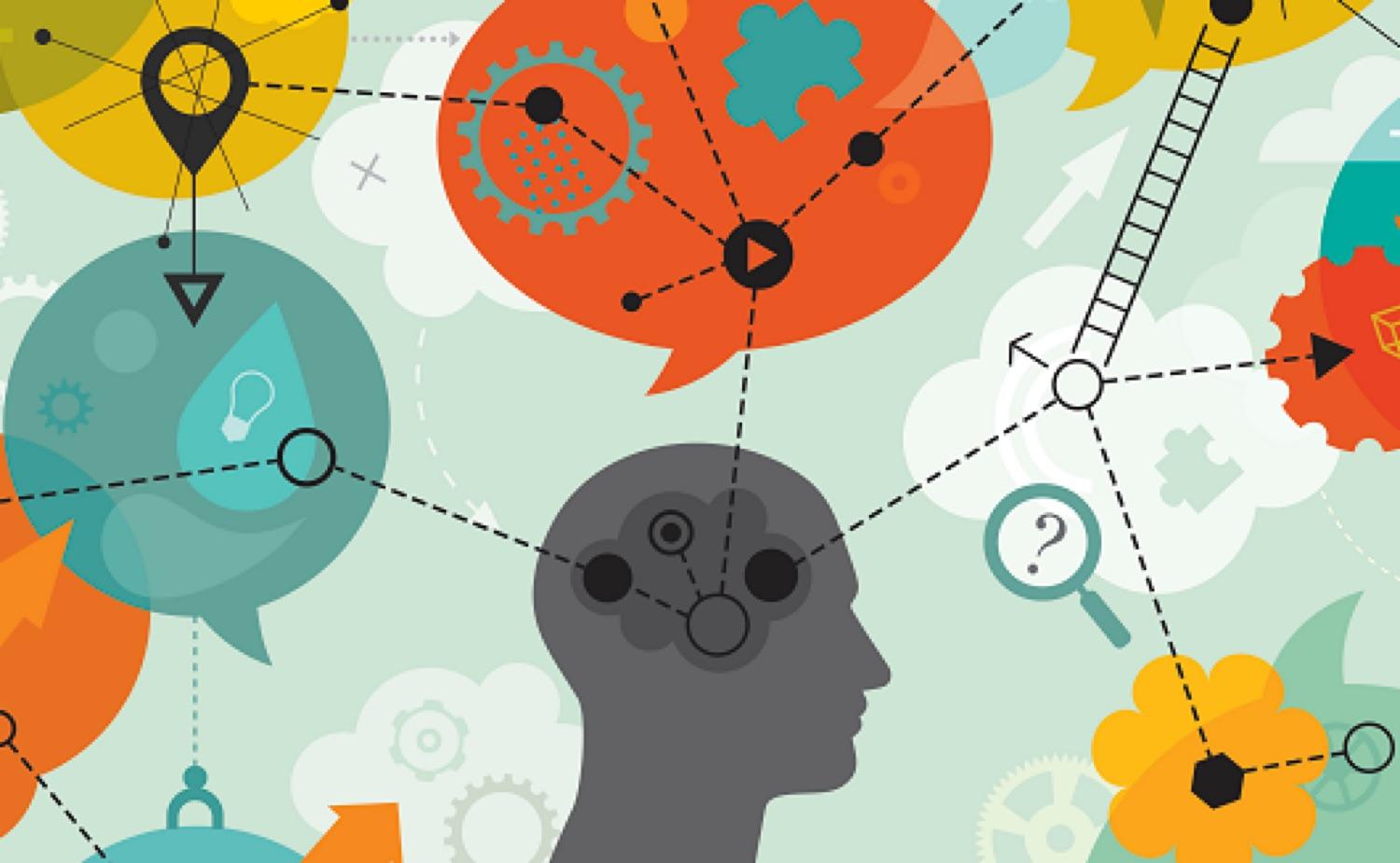Interleaving
... space out learning over a longer period of time, and it randomizes the information we encounter when learning a new skill.
Interleaving causes your brain to intensely focus and solve problems every step of the way, resulting in information getting stored in your long-term memory instead.
For example, instead of learning one banjo chord at a time until you perfect it, you train in several at once and in shorter bursts.
1.07K
5.94K reads
CURATED FROM
IDEAS CURATED BY
The idea is part of this collection:
Learn more about personaldevelopment with this collection
The importance of practice and repetition in learning
How to stay motivated and avoid burnout while learning
How to break down complex concepts into manageable parts
Related collections
Similar ideas to Interleaving
Build your memory in small bursts
Research shows that if you study in small bursts, you’ll remember more than if you crammed it all at once. When you have breaks between short learning sessions, you have
Method for better memory
There's only trained memory or untrained memory - no good or bad memory.
- MOM method: Motivation (make remembering personal). Observation (attention is directly related to retention). Methods ...
Long Term Memory
- like a storage warehouse
- it's where you store fundamental concepts & techniques that are often involved in whatever you're learning about
- When you encounter sth new, you often use your working memory to handle it. If you want to move that information into you...
Read & Learn
20x Faster
without
deepstash
with
deepstash
with
deepstash
Personalized microlearning
—
100+ Learning Journeys
—
Access to 200,000+ ideas
—
Access to the mobile app
—
Unlimited idea saving
—
—
Unlimited history
—
—
Unlimited listening to ideas
—
—
Downloading & offline access
—
—
Supercharge your mind with one idea per day
Enter your email and spend 1 minute every day to learn something new.
I agree to receive email updates


